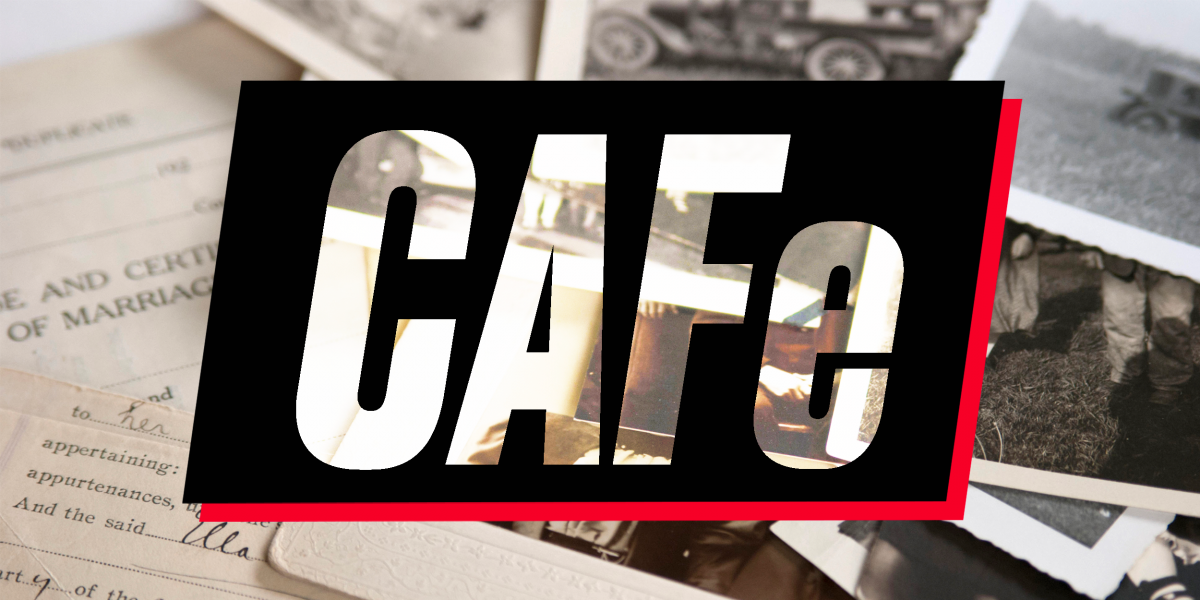News
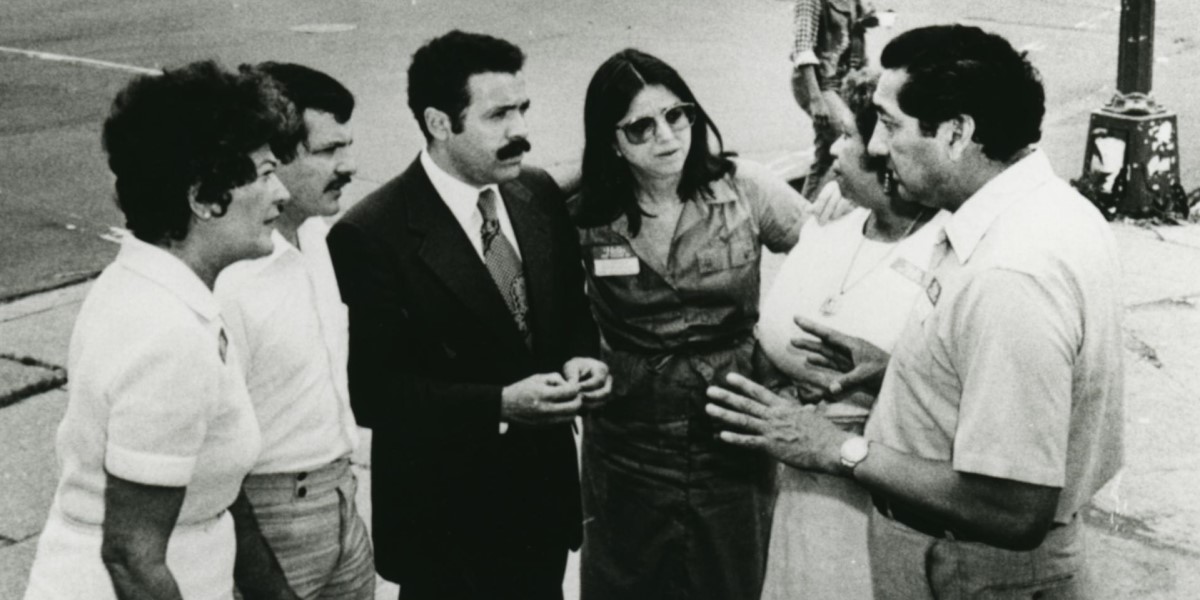
Casilda Luna, second from right, in conversation with a group in Washington, DC's Columbia Heights neighborhood, ca. 1970s. (Photo from Black Mosaic Exhibition Records, Anacostia Community Museum)
Our Black Mosaic Podcast: A Love Letter to Afro-Latine Youth
November 7, 2024 | Manuel Duran MendezUMD INFO PhD student Manuel Mendez chronicles Black Latine lived experience in the DC area
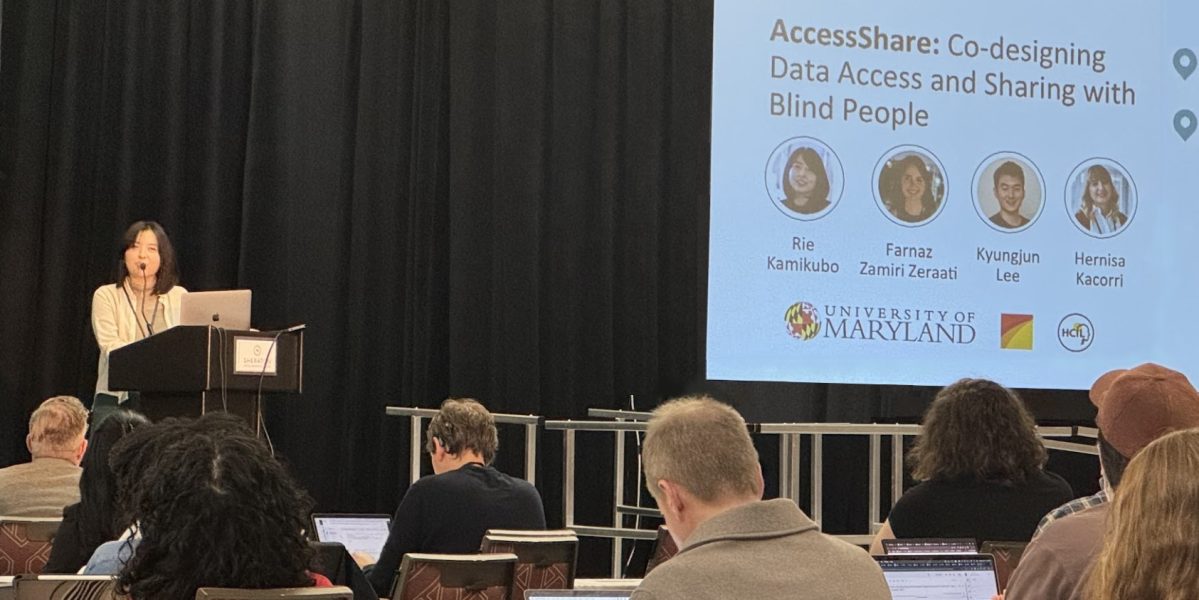
Rie Kamikubo, PhD Student working with Hernisa Kacorri at the UMD College of Information, Presenting at ASSETS 2024 Conference
UMD MIDA Researchers Play Major Role at ASSETS Conference
November 7, 2024 | Silvana Montañola | UMD Office of the Vice President for ResearchUniversity of Maryland faculty and students provide leadership and research insights at international technology accessibility research …
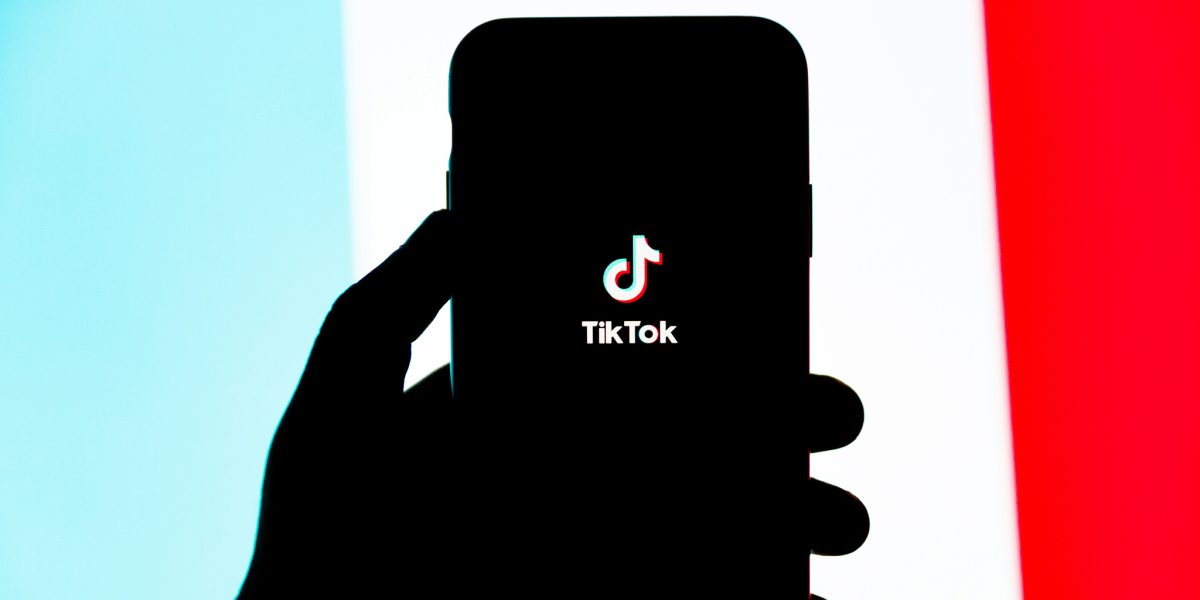
Photo by Solen Feyissa on Unsplash
CNN: How Organizations and Campaigns Are Trying to Break through on TikTok to Reach Young Voters (ft. Jennifer Golbeck and Celia Chen)
November 1, 2024 | INFO StaffTikTok's entertaining approach to politics engages young voters, sparking debate on influence and polarization

Washingtonian: Meet DC’s 2024 Tech Titans (ft. Nate Tibbits, INFO Board Member)
October 30, 2024 | INFO StaffThe most innovative and important leaders in Washington’s tech scene
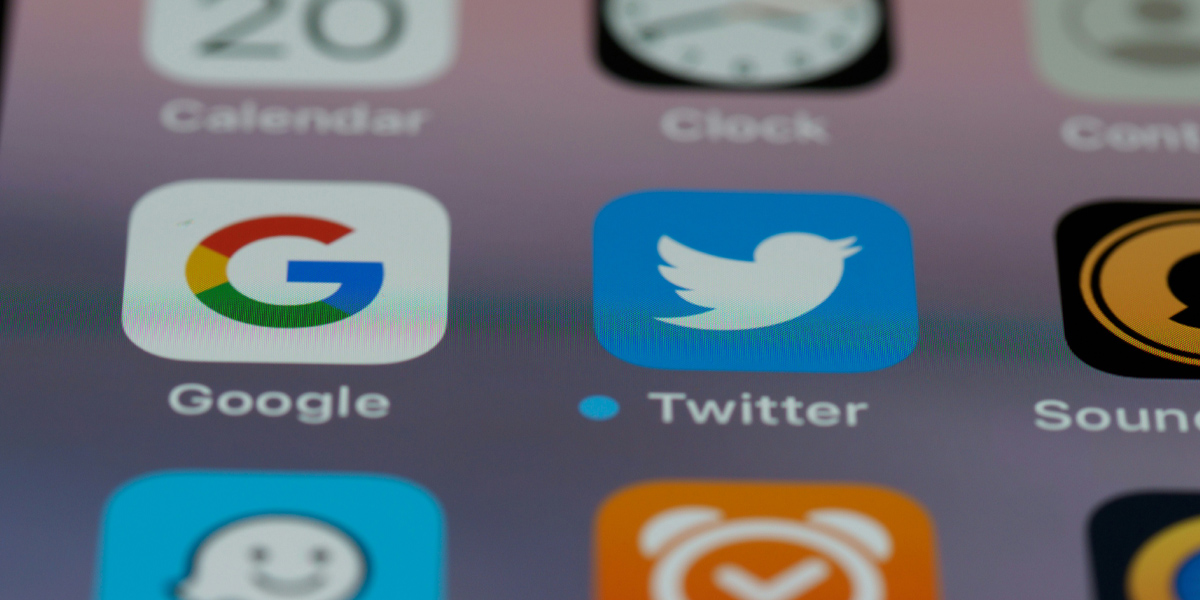
WTOP: Why There’s So Much Disinformation out There Now, and How You Can Combat It (ft. Cody Buntain)
October 28, 2024 | INFO StaffDisinformation thrives in uncertainty, and understanding its spread is crucial for effective response strategies

Newsweek: These Organizations Value Contributions From Employees With Disabilities (ft. Ron Padrón)
October 25, 2024 | INFO StaffUMD earns top honors for disability inclusion, with INFO's Ron Padrón leading efforts in diversity awareness

A $3.4 million NSF Grant to Build Pathways From Sport to STEM
October 22, 2024 | Laurie RobinsonCo-designed data science coursework enhances Black male athletes’ STEM identities
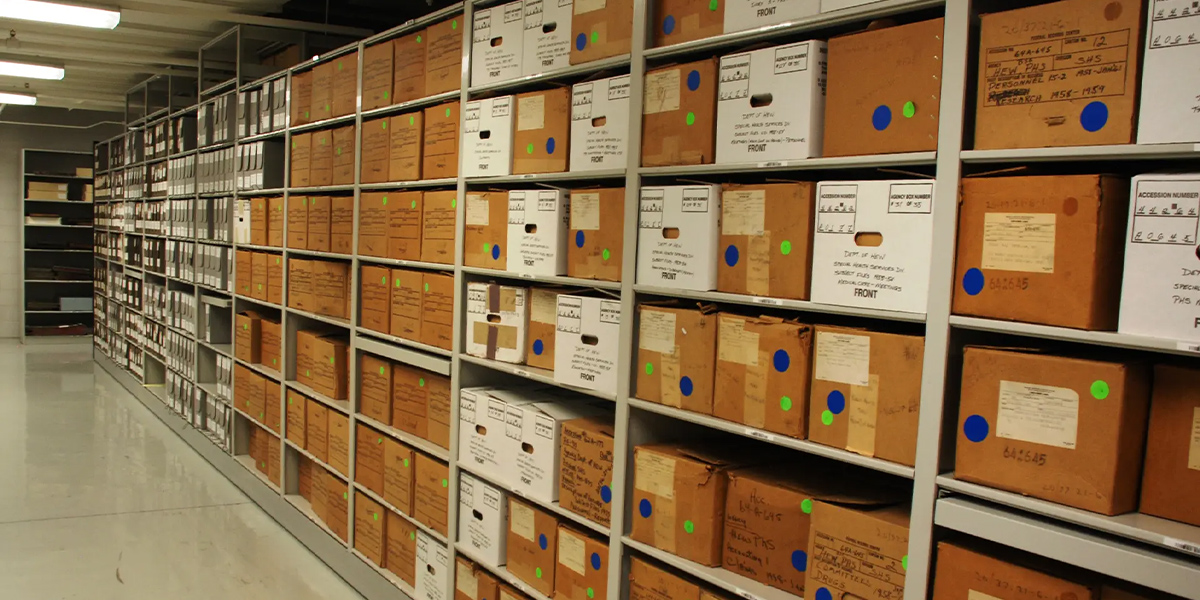
Boxes of documents fill a room of the National Archives in College Park. A UMD researcher and colleagues plan to use AI to begin getting a handle on billions of undigitized documents so retrieval is easier. Photo via Wikimedia Commons
Maryland Today: The National Archives Has Over 10B Undigitized Pages (ft. Doug Oard, Diana Marsh, and Katrina Fenlon)
October 22, 2024 | Maryland Today Staff | UMDThese UMD experts are working to make finding records easier
